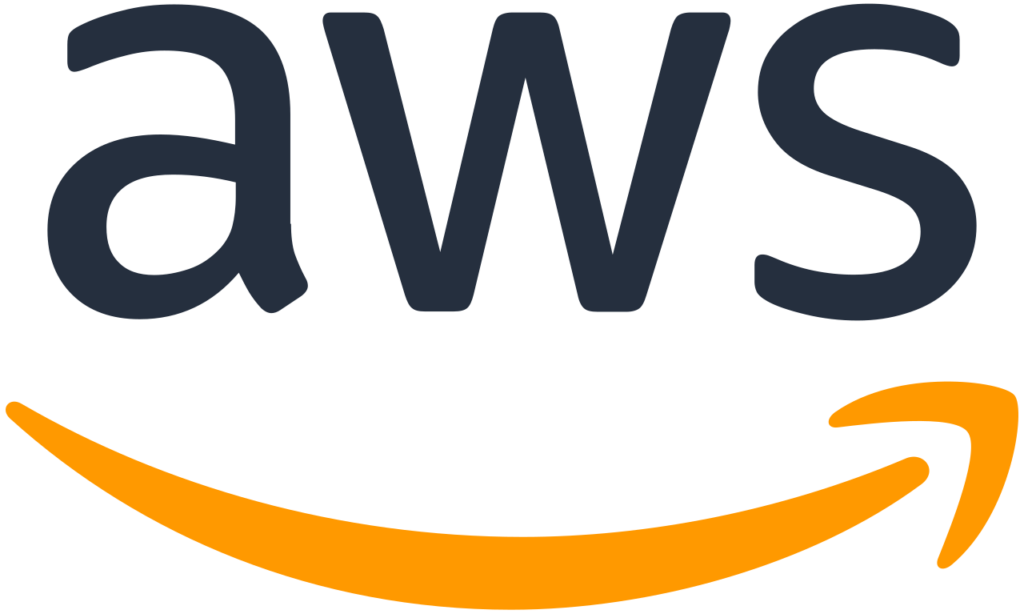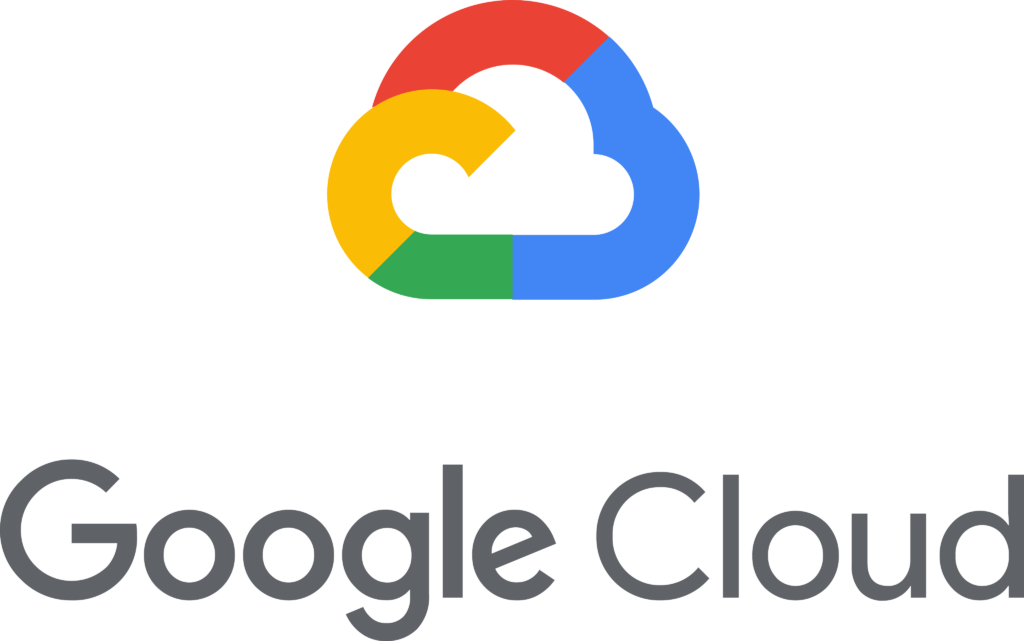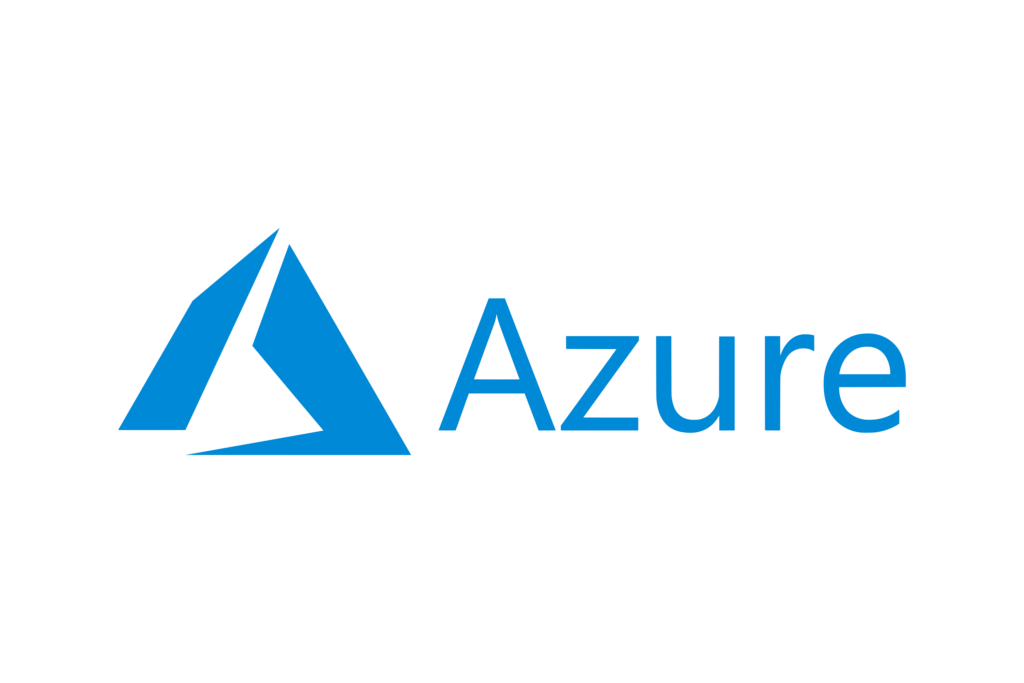Comparison between AWS, Azure and Google Cloud:In the rapidly evolving world of cloud computing, Amazon Web Services (AWS), Microsoft Azure, and Google Cloud Platform (GCP) dominate as the top providers. Each offers robust services, global reach, and innovative solutions tailored to diverse business needs. However, choosing the right platform depends on your specific requirements, budget, and goals. In this comprehensive guide, we’ll compare AWS, Azure, and Google Cloud based on features, pricing, performance, and use cases.
What Is Cloud Computing?
Cloud computing enables businesses and individuals to access computing resources, such as servers, storage, and applications, over the internet. It eliminates the need for physical hardware, offering flexibility, scalability, and cost efficiency.
Why Choose a Cloud Provider?
- Cost Efficiency: Pay for only the resources you use.
- Scalability: Quickly scale up or down based on demand.
- Global Accessibility: Access resources from anywhere in the world.
- Security: Advanced security protocols protect sensitive data.
Overview of AWS, Azure, and Google Cloud
| Provider | Launch Year | Parent Company | Market Share (2024) | Global Data Centers |
|---|---|---|---|---|
| AWS | 2006 | Amazon | 33% | 99 Availability Zones |
| Microsoft Azure | 2010 | Microsoft | 22% | 60+ Regions |
| Google Cloud | 2008 | 10% | 35+ Regions |
Feature Comparison
1. Compute Power
Compute services allow businesses to run applications, virtual machines (VMs), and containers.
- AWS: Offers EC2 (Elastic Compute Cloud) instances with a variety of instance types optimized for compute, memory, and storage needs. Includes serverless computing via AWS Lambda.
- Azure: Provides Virtual Machines and Azure Functions for serverless computing. Strong integration with Microsoft tools like Windows Server and SQL Server.
- Google Cloud: Focuses on flexibility with Compute Engine and container management through Google Kubernetes Engine (GKE).
2. Storage Solutions
Storage is essential for hosting data, backups, and disaster recovery.
Comparison between AWS, Azure and Google Cloud:
- AWS: Includes S3 (Simple Storage Service) for object storage, EBS for block storage, and Glacier for archival.
- Azure: Offers Blob Storage for unstructured data, Azure Files, and Azure Data Lake for analytics.
- Google Cloud: Features Cloud Storage with regional and multi-regional options, and Persistent Disks for block storage.
3. Networking
Networking services connect cloud resources and users securely.
- AWS: Comprehensive networking tools like VPC (Virtual Private Cloud), Route 53 for DNS, and CloudFront for content delivery.
- Azure: Provides Azure Virtual Network, Load Balancer, and CDN (Content Delivery Network).
- Google Cloud: Strong emphasis on networking with Cloud Interconnect and Cloud CDN for low-latency content delivery.
4. Pricing Models
- AWS: Pay-as-you-go model with Reserved Instances for cost savings.
- Azure: Pay-as-you-go and hybrid benefits for enterprises already using Microsoft products.
- Google Cloud: Offers sustained-use discounts and committed-use contracts, making it cost-effective for long-term use.
5. AI and Machine Learning
- AWS: Services like SageMaker for building, training, and deploying ML models.
- Azure: Azure Machine Learning integrates well with existing Microsoft ecosystems.
- Google Cloud: Excels in AI with TensorFlow and Vertex AI, leveraging Google’s expertise in AI research.
Performance and Reliability
1. Availability Zones
AWS leads with the highest number of availability zones, ensuring global coverage. Azure and Google Cloud are expanding rapidly, with a focus on regional diversity.
2. Uptime and SLA
All three providers offer a 99.99% uptime SLA, but the actual performance can vary depending on the region and service used.
Ease of Use and Integration
- AWS: Comprehensive but complex. Ideal for advanced users familiar with cloud environments.
- Azure: Seamless integration with Microsoft products like Office 365 and Windows.
- Google Cloud: User-friendly for developers, especially those using Google’s open-source tools.
Use case comparison
| Use Case | AWS | Azure | Google Cloud |
|---|---|---|---|
| Enterprise Applications | Strong support for SAP and Oracle workloads. | Best for Microsoft-centric environments. | Suitable for smaller enterprises. |
| AI and Big Data | Good, but not as strong as Google. | Solid analytics tools. | Leader in AI and ML services. |
| Startups and Developers | Scalable but higher learning curve. | Flexible pricing and integration. | Best for developer-friendly tools. |
Pricing Comparison
Sample Monthly Cost for a Small VM Instance (Linux-based)
| Provider | Instance Type | Cost per Hour | Estimated Monthly Cost |
|---|---|---|---|
| AWS | t3.micro (1 vCPU, 1 GB RAM) | $0.0116/hour | ~$8.35 |
| Azure | B1s (1 vCPU, 1 GB RAM) | $0.008/hour | ~$5.76 |
| Google Cloud | e2-micro (1 vCPU, 1 GB RAM) | $0.0075/hour | ~$5.40 |
Comparison of pros and cons
| Provider | Pros | Cons |
|---|---|---|
| AWS | Most comprehensive service portfolio. | Complex pricing structure. |
| Azure | Best for Microsoft-based ecosystems. | Can be less flexible for non-Microsoft tools. |
| Google Cloud | Strong AI and machine learning capabilities. | Smaller market share and fewer integrations. |
Recommendations Based on Needs
1. Choose AWS If:
- You need a broad range of services and global reach.
- Your workloads require extensive customization and flexibility.
2. Choose Azure If:
- You already use Microsoft products and want seamless integration.
- Your business requires a hybrid cloud setup.
3. Choose Google Cloud If:
- You’re a developer-focused organization.
- AI and machine learning are central to your strategy.
Conclusion
AWS, Azure, and Google Cloud are all excellent cloud providers, each excelling in different areas. AWS dominates in service breadth and global reach, Azure is perfect for Microsoft-centric environments, and Google Cloud leads in AI and developer tools. The right choice depends on your specific needs, technical expertise, and budget.
Take your time to evaluate the options and leverage free trials offered by these providers to find the best fit for your business.



